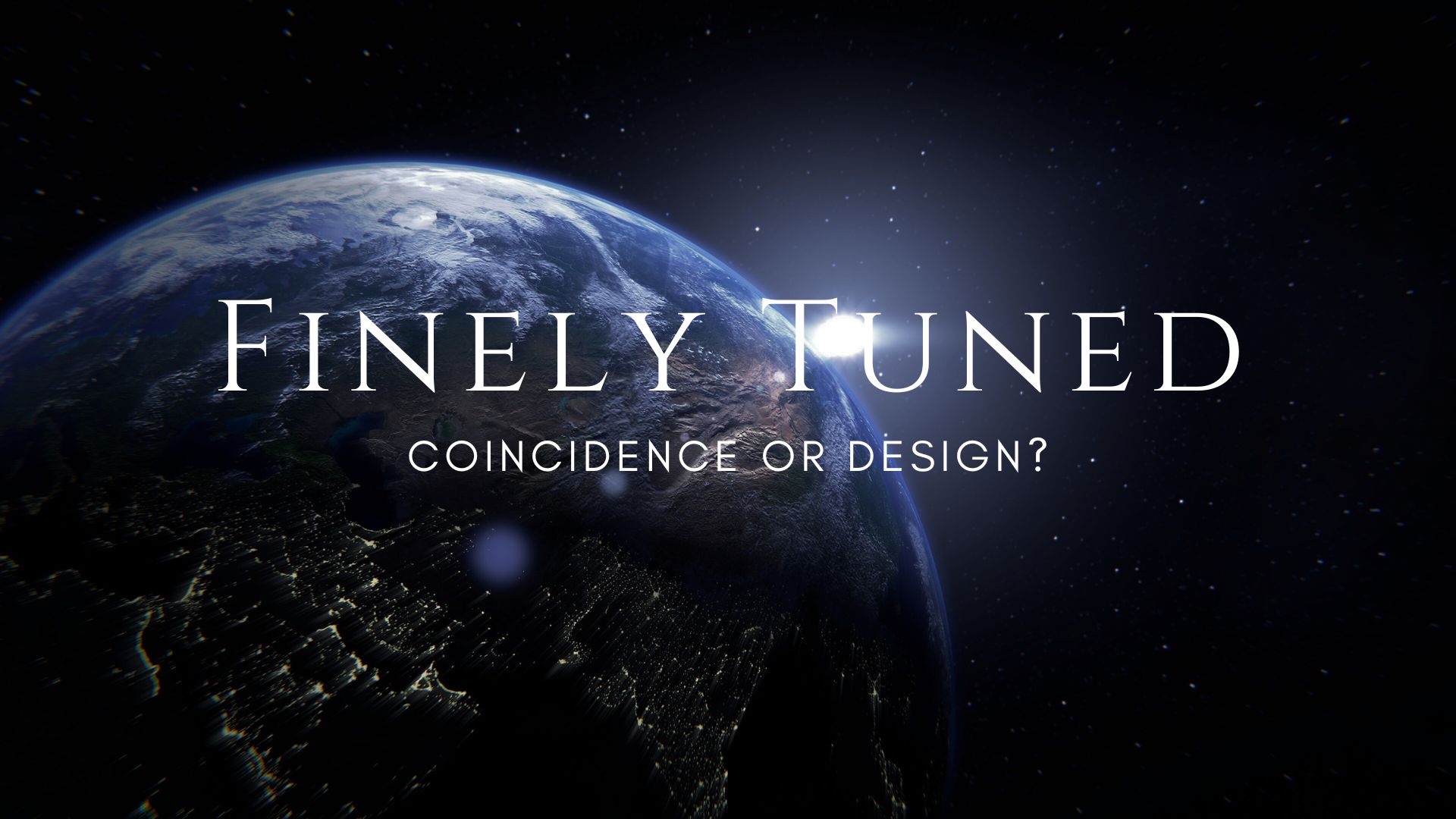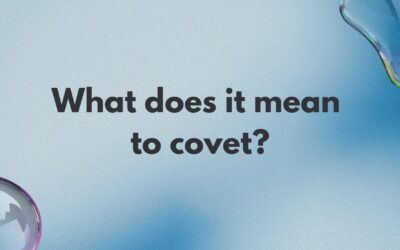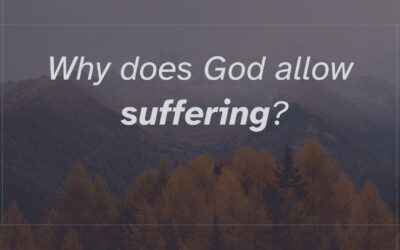Perhaps the strongest scientific case one can make for the existence of an intelligent Creator is the so-called “finely tuned argument.” That is, the universe is so finely tuned for life to exist, it’s nearly impossible to call it a coincidence.
It points to scientific facts, like the earth just happening to be the perfect distance from the sun to support life. Any closer, we would burn up. Any farther, we’d freeze.
The earth spins at just the right speed that it stays in orbit. It tilts on its axis at precisely the right angles to give us predictable seasons. And it has just the right amount of oxygen in the atmosphere to support life.
Our solar system plays a role, too. For instance, the planets Jupiter and Saturn just happen to be the right size and in the right location to pull asteroids away from us.
And earth just happens to be the exact right size for life. Any smaller and our magnetic field would be quickly weakened, causing the atmosphere to be too thin to support life. Any bigger and the increased gravity would keep water and carbon dioxide from evaporating, making the air too thick to breathe.
But consider this one fascinating tidbit. As Eric Metaxas points out in this book Is Atheism Dead?, a total eclipse is “dramatically more amazing than most of us realize.” How so?
The distance from earth to the sun is about 93 million miles – or about 400 times the distance the moon is from earth. The sun is likewise nearly 400 times larger than the moon. Which means, to us on the earth, the two look to be about the same size.
It also means that when the moon passes between the earth and the sun, which is what happens in a solar eclipse, it just happens to be the perfect size to completely block the sun, seeming from our vantage point to cover it perfectly.
Is that just a coincidence? Because it’s a massive one, if so.
Solar eclipses have even made many new scientific discoveries possible, including that of the element helium, and proof for Einstein’s Theory of Relativity.
Is it reasonable to suppose you could flip a coin and have it land on tails a million times in a row? That’s the kind of odds we’re talking about, that something like the density of the universe’s energy would be just right for life to exist anywhere. Yet it does.
And actually, the odds are staggeringly higher. (For more on this subject, I highly recommend Metaxas’ book.)
Science can tell us these odds, yet it can’t go further. We can draw our own conclusions as to whether this was all chance or if Someone was behind it all. And for my money, it takes a lot less faith to believe Someone who knew what He was doing was behind all of this, than it does to believe it just so happened to be this way.




